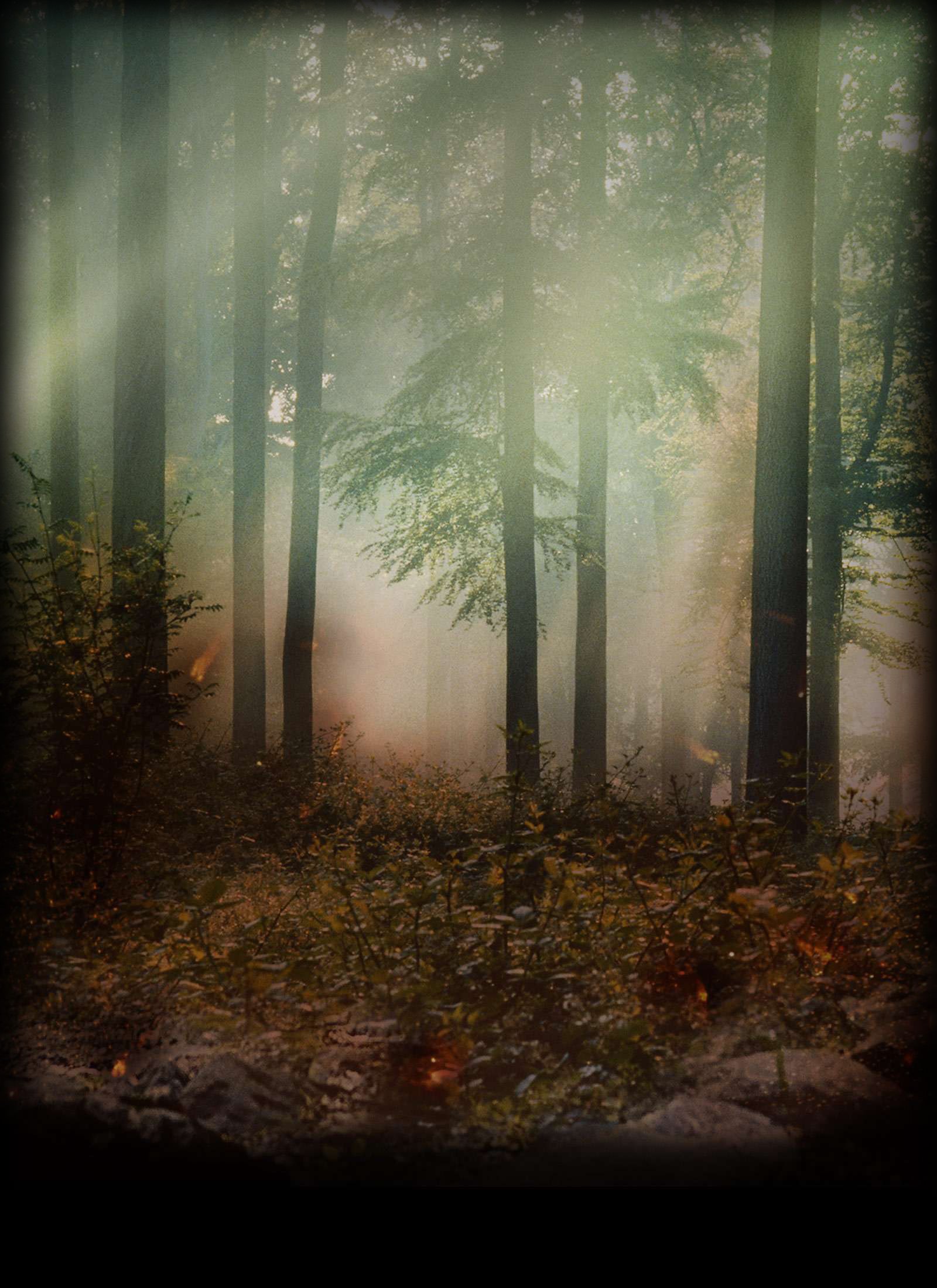Share Years of Living Dangerously far and wide on your campuses. Host a campus screening and help fellow students, faculty and staff understand the devastating impacts of climate change on the human population all across the world,
Then take action to reduce your environmental footprint. Through innovative and diverse strategies college communities can not only mitigate impacts of climate change, but help to slow it down. National Wildlife Federation’s Campus Ecology program has been working with colleges and universities leaders to advance climate action and to create a more just and sustainable future.and take action to reduce your environmental footprint.
Listen to what Dr. Beverly Daniel Tatum, president of Spelman College, has to say about hosting a screening of the Years of Living Dangerously series on her campus to create “powerful learning opportunities for faculty members to use this series in their humanities and science classes.”
https://www.youtube.com/watch?v=ysvZ8I2W7uc
How to Watch
You can watch the first episode on this website.
You can watch the entire first season on Showtime Anytime.
You can rent or buy YEARS on DVD or digital download:
iTunes Amazon Netflix Vimeo
Educational buyers are directed to buy from Films Media Group. For additional digital leasing and purchase options contact a media consultant at 800-257-5126 or [email protected].
If you have any questions about classroom screenings and special events, please contact us.
How to Organize a Campus Screening Event
Select a day and time to have your event when you think you will have the most attendance. Work with a professor, campus activity or student group to incorporate a screening into regular programming. Select the stories that will most compliment the interest of the audience. Each episode will last for about 1 hour.
Your Screening Checklist
Reserve a room, lecture hall, or auditorium
- Reserve the space through Campus Activities, Student Union, Facilities or the appropriate department on campus.
- Ensure the space has technical capabilities needed.
- Reserve the room for an hour before the event starts to set up and test technical equipment.
- Reserve projector, TV or screening equipment.
- Ask someone technically savvy to run the screening.
- Test the screening technology, audio, and other equipment the week before and also on the day of the broadcast.
Collaborate with departments and organizations
Many departments and organizations may be interested in your event. Ask them to help you plan it! Possible groups to engage:
- Biological Sciences
- Earth Sciences
- Fire Sciences
- Natural Resources
- Environmental Studies
- Environmental Student Groups
- Environmental Health & Safety
- Film and Media
- Journalism & Communications
- Environmental Law & Policy
- Religious Studies
- Service Organizations
- Facilities Management
- Housing
- Campus Activities
- Student Government
- Campus Administrators
DECIDE ON THE FORMAT OF THE EVENT
There are endless fun and educational activities that can be paired with the Years of Living Dangerously screening. Determine whether you will solely show YEARS, or whether you will couple it with other films and activities.
Promote, Promote, Promote
Even the best planned event can flop if no one shows up! Make sure to promote your event in as many ways as possible to ensure a good turnout. Read our Promotion Guide for suggestions. Download a flyer here.
Expand Your Event
There are many ways to enhance the Years of Living Dangerously screenings and watch parties on campus. Make it an event not to miss! Be creative and brainstorm ideas. Start with our Guide to Organizing an Energizing Event.
DURING YOUR SCREENING EVENT
Before you introduce the stories in the episode you are going to watch: learn about the issues facing your campus community and similar concerns in communities around the world.
Make it interactive. Take a few minutes to present and answer the following questions (or write your own) to your audience:
- What types of actions do you see in your community that are contributing to climate change? Explain.
- Why do you think the series producers use the tagline, “The Biggest Story of our Time”?
- Do you think your actions impact our climate and environment?
- How do you know what to believe as true or false?
- How do you determine whether or not a source is credible?
After you have listened to the stories in the episode you screen, answer the following questions (or write your own):
- How do you feel about deforestation’s impact on wildlife?
- Why is it important to understand the perspective of various groups when working on solutions to climate change?
- Do you feel it’s important to share these stories?
- What issues or solutions are you interested in learning more about?

